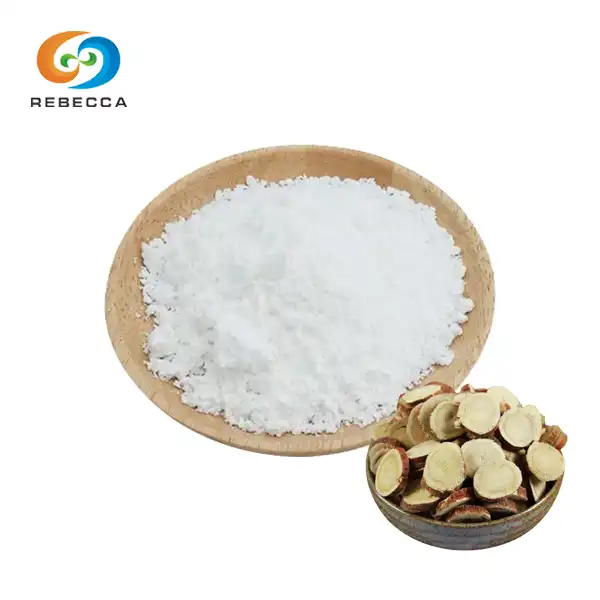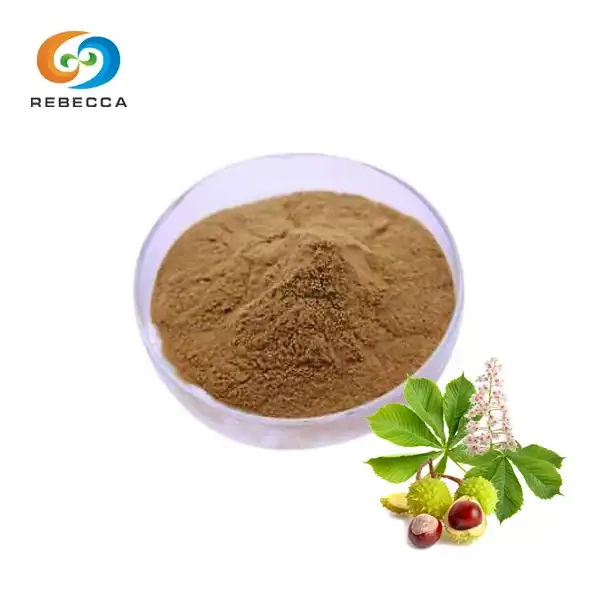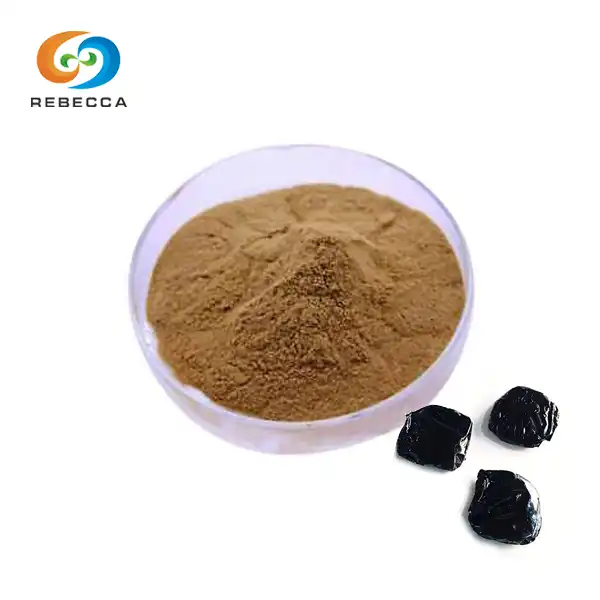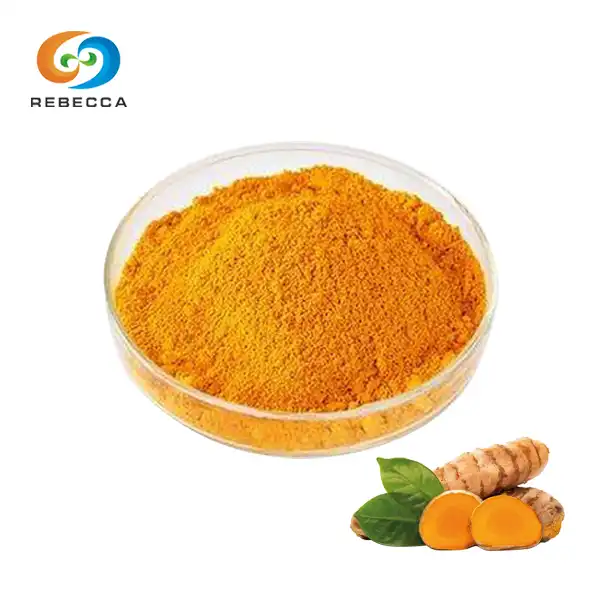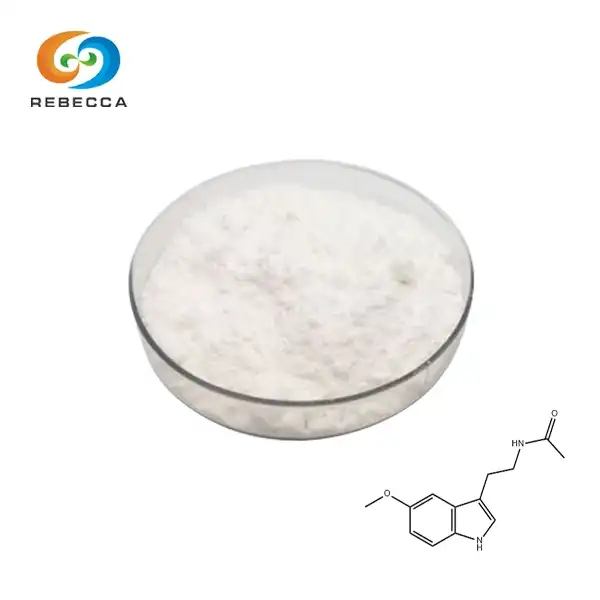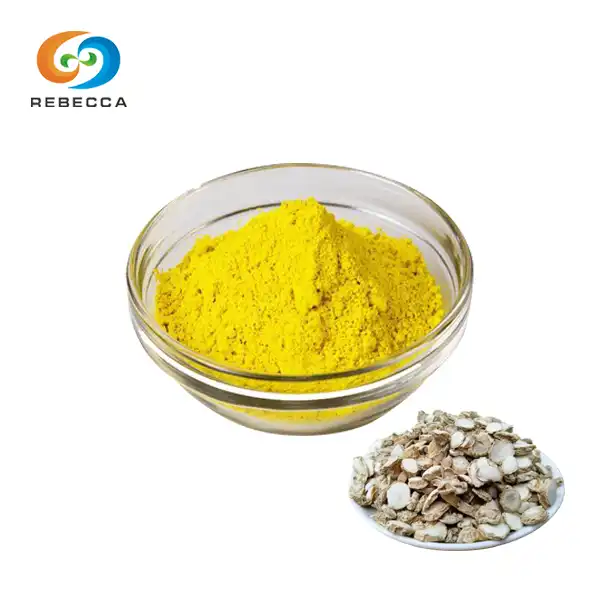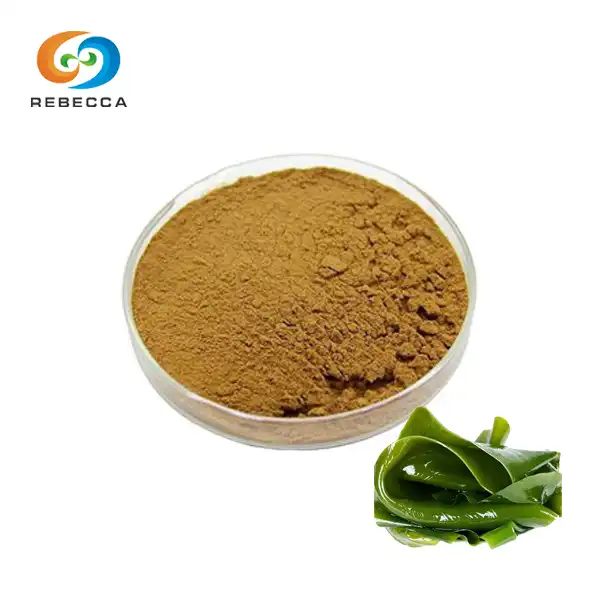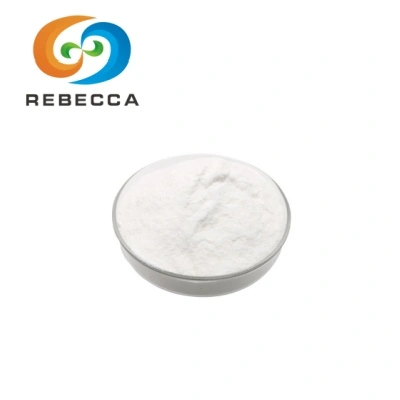Advantages Of Curcumin Powder
Curcumin powder has gained significant attention in recent years for its potential health benefits. As the active compound found in turmeric, curcumin has been used for centuries in traditional medicine practices. Modern research is now uncovering the science behind curcumin's powerful effects, particularly its anti-inflammatory and antioxidant properties.
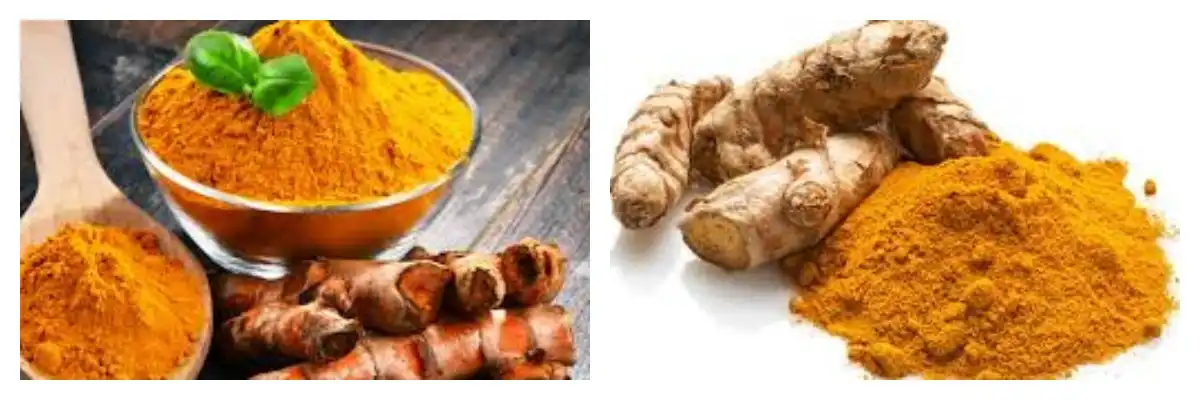
How Does Curcumin Powder Reduce Inflammation?
Inflammation is an intricate and vital natural defense mechanism within the human body, triggered in response to injury, infection, or the presence of foreign invaders. It serves as the body's first line of protection, mobilizing immune cells and releasing chemical mediators to isolate and eliminate the source of harm while also initiating the healing process. However, when inflammation becomes chronic, persisting over an extended period of time, it can transform from a helpful response into a harmful condition.
Curcumin powder, derived from the spice turmeric, has emerged as a highly promising natural compound in the fight against inflammation. It exerts its anti-inflammatory effects through multiple sophisticated and well-studied mechanisms.
Research has delved deep into the molecular pathways by which curcumin exerts its beneficial effects. One of the key targets of curcumin is the NF - kB (nuclear factor kappa - light - chain - enhancer of activated B cells), a protein complex that plays a central and pivotal role in cellular responses to various stimuli, including inflammation. NF-κB is normally sequestered in the cytoplasm in an inactive state. However, in response to inflammatory signals such as cytokines, oxidative stress, or bacterial lipopolysaccharides, NF - kB is activated and translocates to the nucleus. Once in the nucleus, it binds to specific DNA sequences, promoting the transcription of numerous inflammatory genes. Curcumin has been shown to interfere with this activation process. By blocking NF - kB, curcumin effectively "turns down the volume" on the inflammatory response, as it helps reduce the expression of a wide range of inflammatory genes. These genes code for proteins such as cytokines, chemokines, and adhesion molecules, all of which are involved in promoting inflammation.
In addition to targeting NF - kB, curcumin also acts on key enzymes involved in the inflammatory process. Enzymes like cyclooxygenase - 2 (COX - 2) and 5 - 5-lipoxygenase (5 - LOX) play crucial roles in the production of inflammatory mediators. COX-2 is responsible for the synthesis of prostaglandins, which are involved in pain, fever, and inflammation. 5 - LOX is involved in the production of leukotrienes, which contribute to allergic reactions and inflammation, especially in the respiratory and gastrointestinal tracts. Curcumin has been found to inhibit both COX - 2 and 5 - LOX, thereby reducing the production of these inflammatory molecules and dampening the overall inflammatory response.
The anti-inflammatory effects of curcumin have been demonstrated in numerous scientific studies. For example, a comprehensive review encompassing 32 separate research studies systematically analyzed the impact of curcumin supplementation on various markers of inflammation. This review found that curcumin supplementation could effectively help reduce levels of C-reactive protein (CRP), a well-known biomarker of inflammation in the blood. High levels of CRP are associated with an increased risk of cardiovascular disease and other inflammatory conditions. Curcumin also showed the ability to lower interleukin-6 - 6 (IL-6), a cytokine that plays a central role in the inflammatory cascade. IL-6 is involved in promoting the production of other inflammatory mediators and is elevated in many chronic inflammatory diseases. Additionally, curcumin was found to reduce the levels of tumor necrosis factor - alpha (TNF - α), a potent pro-inflammatory cytokine that is involved in cell death, inflammation, and immune response regulation. Elevated TNF-α levels are associated with various chronic diseases, including rheumatoid arthritis, inflammatory bowel disease, and certain cancers.

Is Curcumin Powder Beneficial for Joint Health?
Joint health is a common concern, especially for those suffering from conditions like osteoarthritis and rheumatoid arthritis. Curcumin powder has shown potential in supporting joint health through its anti-inflammatory and antioxidant properties.
In osteoarthritis, the breakdown of cartilage in joints leads to pain, stiffness, and reduced mobility. Several studies have investigated the effects of curcumin on osteoarthritis symptoms. For example, a randomized controlled trial found that patients with knee osteoarthritis who took curcumin supplements experienced significant improvements in pain and physical function compared to those taking a placebo.
Rheumatoid arthritis, an autoimmune disorder characterized by joint inflammation, may also benefit from curcumin supplementation. Research has shown that curcumin can modulate inflammatory pathways involved in rheumatoid arthritis and potentially reduce joint swelling and tenderness.
Beyond its anti-inflammatory effects, curcumin may also help protect joint cartilage. Studies have suggested that curcumin can inhibit enzymes that break down cartilage and may even stimulate the production of proteoglycans, essential components of cartilage structure.

How to Enhance the Absorption of Curcumin?
While curcumin offers numerous potential health benefits, its bioavailability - the amount that can be absorbed and utilized by the body - is relatively low. However, several strategies can be employed to enhance curcumin absorption:
1. Combine with black pepper: Piperine, a compound found in black pepper, has been shown to increase curcumin absorption by up to 2000%. Many curcumin supplements now include piperine to improve bioavailability.
2. Consume with fats: Curcumin is fat-soluble, meaning it dissolves in fats. Consuming curcumin with a meal containing healthy fats or using a fat-based delivery system can enhance its absorption.
3. Use heat: Heating curcumin can increase its solubility, potentially making it more bioavailable. This is one reason why traditional uses of turmeric often involve cooking.
4. Try nanoparticle formulations: Some manufacturers are developing curcumin formulations using nanoparticle technology, which can significantly increase its absorption and bioavailability.
5. Opt for liposomal curcumin: Liposomal delivery systems encapsulate curcumin in tiny lipid bubbles, which can enhance its absorption and cellular uptake.
By employing these strategies, individuals can potentially maximize the benefits of curcumin powder supplementation.
In conclusion, curcumin powder offers numerous advantages, particularly in reducing inflammation and supporting joint health. Its potential to modulate various inflammatory pathways and protect joint structures makes it a promising natural supplement for those seeking to maintain overall health and manage inflammatory conditions. However, to fully harness its benefits, it's crucial to consider methods to enhance its absorption.
For those in the pharmaceutical, healthcare products, beverages, or cosmetics industries looking to incorporate high-quality curcumin into their products, Rebecca Bio-Tech offers premium organic curcumin powder with guaranteed quality and timely delivery. Our water-soluble curcumin formulation ensures enhanced bioavailability, addressing one of the key challenges in curcumin supplementation. With our commitment to reasonable cost control and excellent after-sales service, we strive to meet the needs of purchasing managers, supervisors, and engineers seeking reliable curcumin suppliers.
To learn more about our powder products and how they can benefit your business, please contact us at information@sxrebecca.com. Our team of experts is ready to assist you in finding the perfect curcumin solution for your specific needs.
References
- Hewlings SJ, Kalman DS. Curcumin: A Review of Its Effects on Human Health. Foods. 2017;6(10):92.
- Daily JW, Yang M, Park S. Efficacy of Turmeric Extracts and Curcumin for Alleviating the Symptoms of Joint Arthritis: A Systematic Review and Meta-Analysis of Randomized Clinical Trials. J Med Food. 2016;19(8):717-729.
- Prasad S, Tyagi AK, Aggarwal BB. Recent developments in delivery, bioavailability, absorption and metabolism of curcumin: the golden pigment from golden spice. Cancer Res Treat. 2014;46(1):2-18.
- Shehzad A, Rehman G, Lee YS. Curcumin in inflammatory diseases. Biofactors. 2013;39(1):69-77.
- Henrotin Y, Priem F, Mobasheri A. Curcumin: a new paradigm and therapeutic opportunity for the treatment of osteoarthritis: curcumin for osteoarthritis management. Springerplus. 2013;2(1):56.
